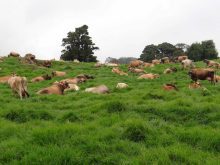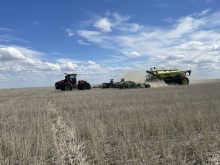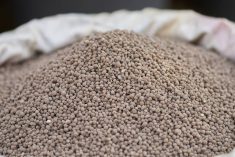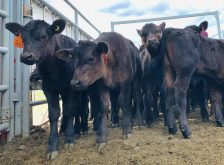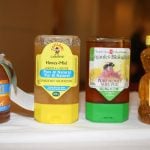Research conducted for the province’s five supply-managed commodities has found many consumers have a negative view of the system
Provincial groups representing the five supply-managed commodities are teaming up to get their story out
“We’ve done some consumer research and really shown that a lot of negative feedback about the system is all based on misinformation and misperceptions, mostly,” said David Webb, marketing and communications manager for the Egg Farmers of Alberta.
His organization, along with those representing dairy, hatching eggs, turkey and chicken producers (known as the SM5), have worked together for some time to lobby government. Combining forces on a public relations campaign is the “next logical step,” said Karlee Conway, corporate communications co-ordinator for Alberta Milk.
Read Also
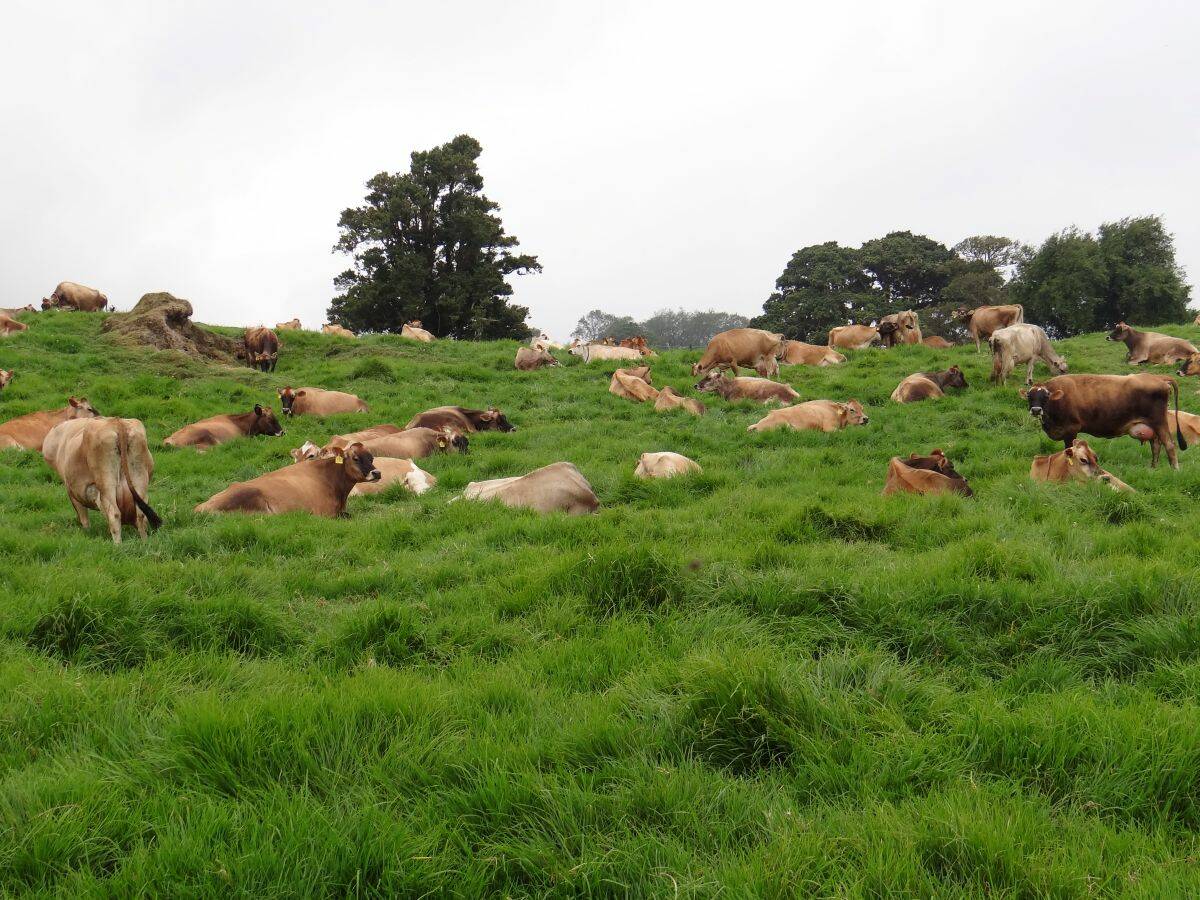
Is inflammation the real cause of milk fever in cattle?
UAlberta researcher Burim Ametaj’s theory challenges 200 hundred years of science and his work may change the approach for treatment.
Once consumers understand how supply management works, “the more supportive they tend to be,” Webb said.
Supply management has come under increased criticism in the mainstream media in the past year, said Webb. The increased attention may be a result of the dismantling of the Canadian Wheat Board (despite the differences between the board and supply management), a greater focus on cross-border price comparisons, and because supply management has been a sticking point in the Trans-Pacific Partnership talks, he said.
“We’re confident that supply management isn’t as readily on the table as some people would make it out to be,” Webb said.
“We’re supportive of all Alberta agriculture and we’d rather work together and think there is a feasible solution to the negotiations that doesn’t have to pit agriculture against agriculture.”
The consumer outreach won’t just be about how the system works, but what it offers to consumers, said Karen Kirkwood, executive director of the Alberta Chicken Producers.
“That’s locally produced, safe, fresh food,” she said.
Consumers also need to be reminded that quality comes with a cost and producers need to earn a fair return, said Bob Smook, the general manager of Alberta Hatching Egg Producers.
“If they can’t cover off the costs, they won’t be there,” he said.
There’s also a hidden cost to importing food, he added.
“When you have finished product coming in from another country, what you do is unemploy your own people,” he said.
He also noted that imports are allowed. For example, in his sector, up to 17.5 per cent of hatching eggs are imported from the U.S. tariff free — with tariffs only kicking in once that threshold is reached, he said.
The campaign will be rolled out later this year, and the officials say it can’t come soon enough.
“We need to do a better job of explaining why it works for Canadians and Albertans,” said Alberta Milk’s Conway.
“The better our uniquely Canadian system is understood, the more support we will have for it,” added Cara Dary, executive director of the Alberta Turkey Producers.


